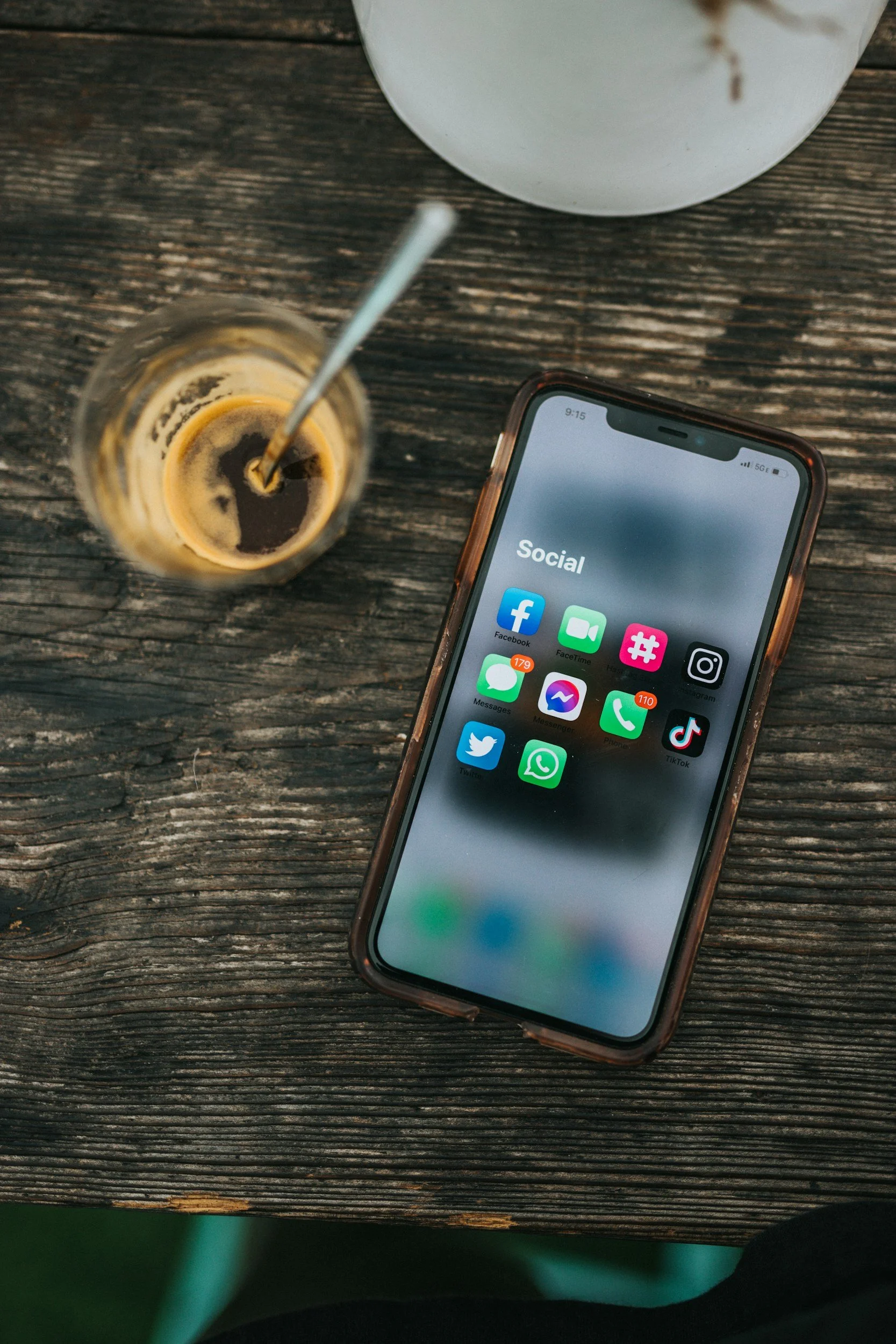View this page in: English | Español
La pérdida auditiva rara vez es repentina o total, a menos que esté expuesto a un ruido excepcionalmente fuerte o a un traumatismo encéfalo craneano. Generalmente es gradual, a veces tan gradual que sus familiares y amigos pueden notar el problema antes que usted.
Aquí hay 10 preguntas que le ayudarán a determinar si usted (o un ser querido) debe hacerse una prueba de audición:
La necesidad de subir constantemente el volumen del televisor es una señal reveladora de que se tiene pérdida auditiva.
¿Tiene dificultades para oír por teléfono?
¿Tiene problemas para seguir la conversación cuando dos o más personas hablan al mismo tiempo?
¿La gente se queja de que sube demasiado el volumen del televisor?
¿Tienes que esforzarte para entender una conversación?
¿Tiene problemas para oír en un entorno ruidoso?
¿Suele pedir a la gente que repita lo que dice?
¿Las personas con las que habla parecen murmurar o hablar con poca claridad?
¿Con frecuencia entiende mal lo que otros dicen?
¿Tiene problemas para entender el habla o las voces suaves?
¿La gente se molesta con frecuencia debido a que usted no entiende lo que se dijo?
Si respondió afirmativamente a tres o más de estas preguntas, programe una evaluación auditiva profesional con un especialista en audición.
“A menudo, la persona con pérdida auditiva no es consciente de aquello que no puede oír. La mejora en la audición podría mejorar también su calidad de vida.”
Traducción al español realizada por Julio Flores-Alberca, november 2023. Sepa más aquí.
More Resources
The material on this page is for general information only and is not intended for diagnostic or treatment purposes. A doctor or other healthcare professional must be consulted for diagnostic information and advice regarding treatment.














I made one hat to solve problems, never imagining how many other adults and children would relate. It’s an honor to be able to give something back to the cochlear implant community that understands this journey so well.